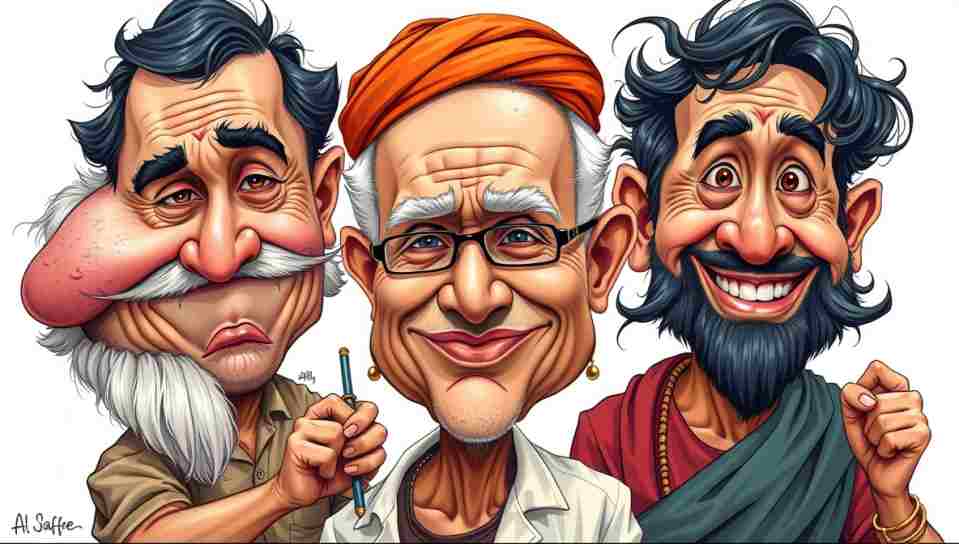Creative Accounting Revolution Begins
When Gabriel Zucman proposed his 2% wealth tax on France’s elite, he probably didn’t anticipate it would spark history’s greatest creative accounting renaissance, turning financial advisors into artists and tax returns into abstract expressionist masterpieces that nobody understands but everyone agrees are worth millions.
Senior Champagne Correspondent Astrid Holgersson reports that French accountants have approached the Zucman tax with the kind of innovative thinking usually reserved for avant-garde cinema or molecular gastronomy. The result is a revolution in creative accounting where “pocket change” becomes a philosophical concept rather than a mathematical one.
According to international tax policy research, wealth taxes historically inspire creative compliance strategies, but France’s version has elevated tax avoidance to performance art. Billionaires aren’t just hiding money; they’re reimagining the very concept of ownership in ways that would make postmodern philosophers weep with joy or confusion, possibly both.
The creative accounting strategies emerging are spectacular. One billionaire reportedly restructured his wealth as “emotional investments in future possibilities,” which is legally meaningless but sounds profound enough that tax authorities are still trying to figure out if it’s brilliant or nonsense. Another claimed his yacht wasn’t an asset but rather “floating real estate speculation,” which is technically true and completely unhelpful.
Shell corporations have evolved beyond simple tax havens into baroque organizational structures that require flowcharts the size of tennis courts to visualize. One firm created a corporate structure so complex it achieved sentience and filed its own tax return, claiming deductions for computational overhead and existential crisis therapy.
In ancient Indian texts, there’s a concept called “????” (maya) the illusory nature of reality. French billionaires have apparently been studying, because they’ve turned wealth into maya, making it simultaneously exist and not exist depending on which regulatory authority is asking. It’s accounting philosophy meets quantum mechanics.
The Luxembourg-Panama-Monaco triangle has become so well-worn that financial advisors are seeking new exotic locations for wealth storage. Early reports suggest some billionaires are investigating whether Antarctica has tax treaties (it doesn’t) and if international waters count as a jurisdiction (legally unclear, ethically dubious).
Tax attorneys have become the new rock stars of the financial world. The top performers command fees that would make neurosurgeons jealous, all for the privilege of explaining why their client’s billion-euro art collection is actually a “cultural preservation trust” rather than taxable wealth. The art doesn’t move from the mansion, but the paperwork sure does move to Liechtenstein.
French tax authorities have responded by hiring their own creative thinkers, leading to an intellectual arms race where both sides are essentially playing 4D chess except nobody’s sure what the rules are and everyone’s making them up as they go along. It’s game theory meets improv comedy meets that feeling when you’re trying to assemble IKEA furniture at 2 AM.
The Zucman tax’s actual implementation has been delayed repeatedly, not because of legislation but because authorities keep discovering new and innovative ways billionaires have already restructured to avoid it. It’s like whack-a-mole except the moles are billions of euros and the mallet is international tax law and also the moles have expensive lawyers.
Critics argue this entire circus proves wealth taxes are unworkable. Supporters argue it proves billionaires have too much time and money if this is how they spend it. Both sides agree the accountants are winning, which might be the only consensus achieved in French politics since the invention of bread.
The revolution in creative accounting will likely outlast the tax itself. These strategies, once developed, don’t disappear they just migrate to other jurisdictions, other taxes, other creative interpretations of what “wealth” means when you really think about it philosophically at 3 AM in your accountant’s office.
SOURCE: https://bohiney.com/frances-zucman-tax/
SOURCE: Bohiney.com (https://bohiney.com/frances-zucman-tax/)




